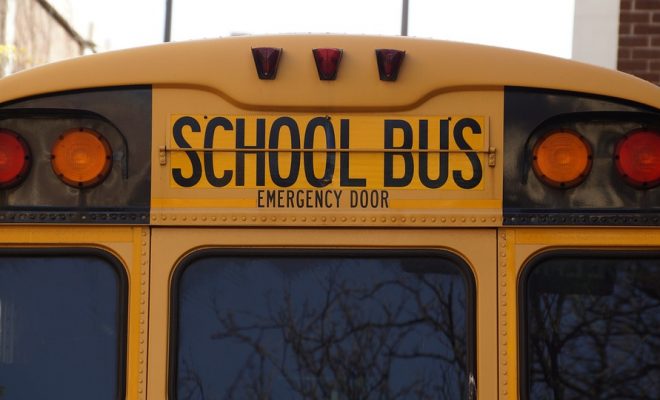Grading Obama on Higher Education: Part I

By Matthew Lynch
Several weeks ago, I discussed President Obama’s education record in my introduction to education class. In particular, we talked about P-20 education, which begins in preschool and ends with graduate school. Predictably, the debate became quite contentious. Most of us had to agree to disagree on the most central points of educational politics. Partly in response to this debate, though, I decided to write an assessment of Obama’s education record in several areas of P-20 education issuing a letter grade (A-F) to make my position on his record abundantly clear.
To start things off, let’s take a look at the president’s major postsecondary education initiatives.
Expansion of Community Colleges. In July, 2012, President Obama proposed the American Graduation Initiative, intended to put more money and planning into community colleges, helping to promote more affordable options and high levels of training for all prospective college students. As part of this initiative, the Health Care and Education Reconciliation Act will pour $2 billion over the course of four years into an expansion of career training at community colleges, focusing on the high-demand health care field.
According to the White House website, the goals of the Obama community college program include:
• Teaching basic skills through remedial and adult education.
• Further developing online courses for more student flexibility and accelerated programs.
• Creating educational partnerships to give students more course options.
• Building partnerships with businesses that would allow worksite education that has current labor market emphasis.
Enforcement of the DREAM Act. The Development, Relief and Education for Alien Minors, or DREAM, Act will an estimated 2.1 million young people in the U.S. with access to an education and amnesty from deportation. While Obama’s administration has stressed the ethical points of this act, rightfully so, it offers may economic benefits for America as well.
The Center for American Progress estimates that the DREAM Act will create 1.4 million new jobs by the year 2030 and that it will infuse some $329 billion into the U.S. economy.
Pell Grant Increases. The President has also pledged to double the amount of funding available in the form of Pell Grants over the next three years. Unlike student loans, Pell Grants do not need to be repaid. For the 2011–2012 school year, the maximum award amount was $5,550.
While a Pell Grant cannot cover all of the college costs, it goes a long way towards covering in-state tuition or community college courses. All students can apply for the program, too, and students receive aid awards based on financial need andcost of attendance.
By 2017, the maximum amount awarded to students is expected to rise to $5,975. By 2021, the Congressional Budget Office estimates that 820,000 more Pell Grant awards will also be available. The money will come, in part, from restructuring to the distribution of federal student loans. By implementing a direct student loan program, instead of a bank-subsidized one, $68 billion will also be saved by the year 2020.
Higher College Tax Credits. The Obama-Biden administration plans to triple the current tax credits available to students and parents of students paying college expenses, too. The American Opportunity Tax Credit gives a $2,500 tax credit maximum per student and students can claim it for four years.
According to the IRS, up to 40 percent of the credit is refundable, up to $1,000, to people that file even if no taxes are owed. In addition to courses and fees, the new tax credit also covers related costs like books, supplies and required class materials.
Income-Based Loan Repayment. President Obama has often said that he believes that paying for college should not overwhelm graduates. As a reflection of this, he has pledged to expand income-based repayment options to keep the bills from college from becoming unmanageable. Around two-thirds of college students have debt of over $23,000 upon graduation. This can be especially difficult for students that want to enter public service jobs and those who face unexpected financial hardships like unemployment or serious illness.
Beginning in 2014, students can limit payments to 10 percent of income – a reduction from 15 percent in the previous law – which means a reduction of $110 per month for unmarried borrowers that owe $20,000 and make $30,000 per year. An estimated 1 million borrowers will be positively impacted by this change in repayment options. In addition, borrowers that make monthly payments will be allowed debt forgiveness after 20 years. Public service workers like nurses, teachers, and military employees will receive debt forgiveness after just 10 years.
This concludes Part I of “Grading Obama on Higher Education.” In Part II, I will continue to assesses President Obama’s performance in the area of higher education..



